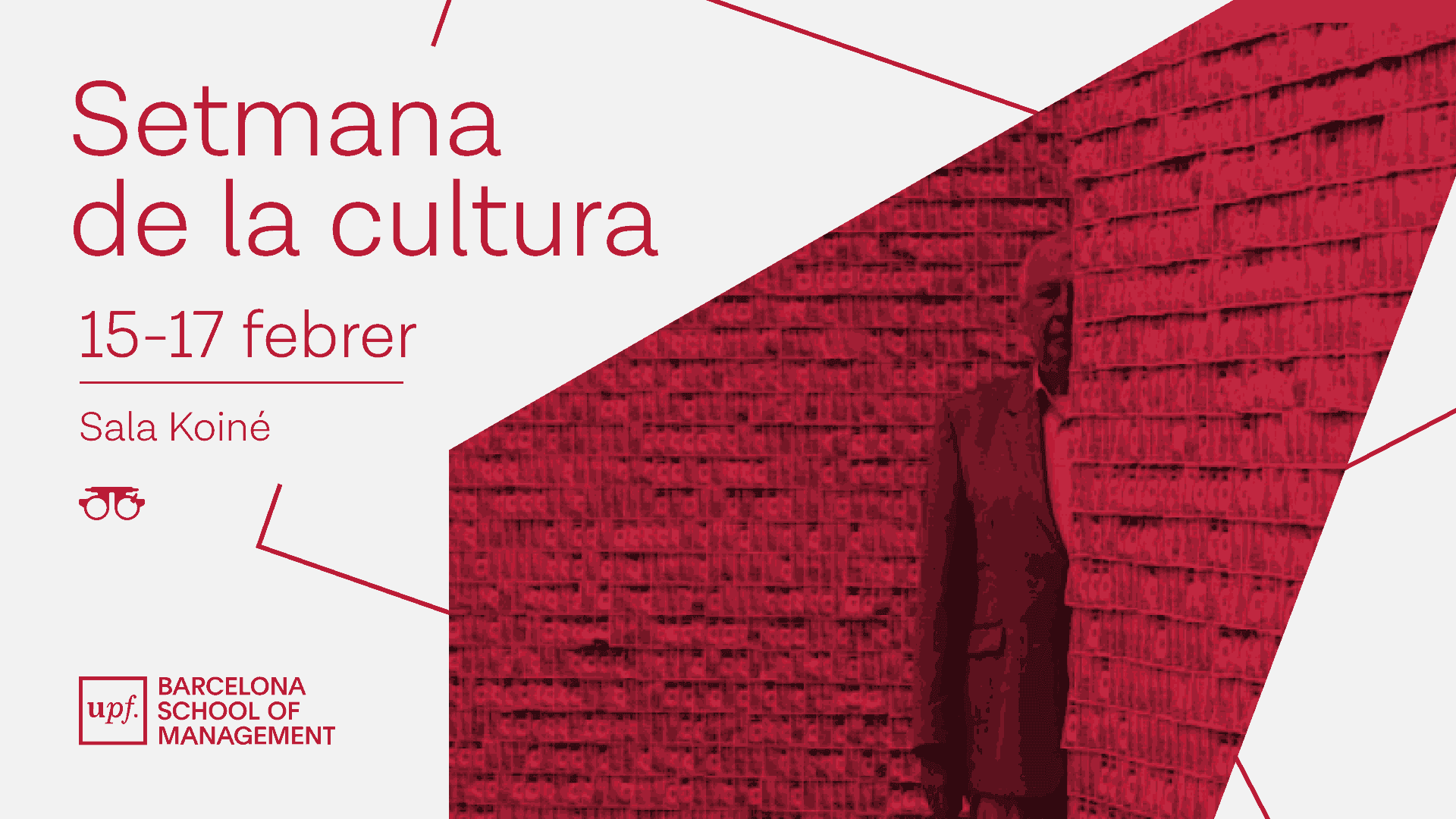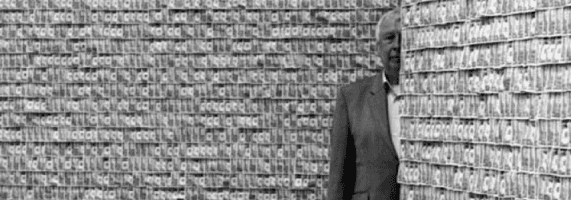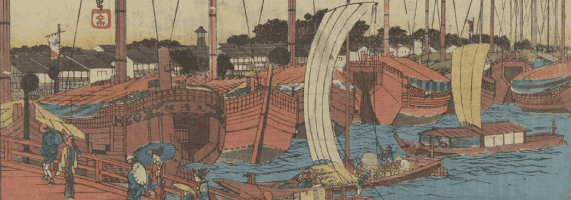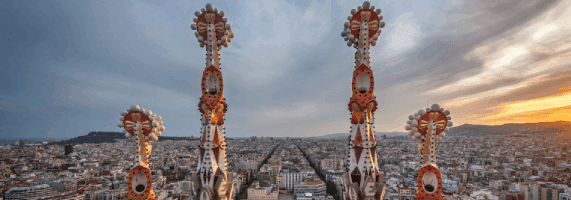
- About UPF-BSM
- Programs
- Faculty and research
- Companies and Organizations
- News & Events
Culture Week
When
From 15 to 17 February (from 17:30 to 19:00 p.m.)
Where
Koiné Room. UPF Barcelona School of Management

From 15 to 17 February, we celebrate the Culture Week, with the UPF-BSM community being able to attend and participate in three interesting talks given by top-level speakers.
The program focuses on the concept of “money”, that is, the most fluid and penetrating object imaginable, according to classical economists. Many of our studies have money as their focal point, sometimes without realizing it. For this reason, we have asked three experts to approach this issue from very different angles, which we are sure will enrich our outlook and knowledge of the subject. We invite you to learn with them in sessions open to discussion and conversation.
All sessions require prior registration since capacity is limited, will be held from 17:30 to 19:00 p.m. in the Koiné room of the UPF-BSM.
Culture Week Program: Money in the spotlight
Art and Money: forced marriage or marriage for love?
Wednesday 15 Feb. | 17:30-19:00 Pp.m.
Language: Spanish

Between greed, desire and contempt, art and money maintain a turbulent relationship, but they are inextricable from each other. Not only is art a symbol of wealth and power, but it also creates precisely that wealth and that power. The well-known slogan “for the love of art” – by which the dematerialized autonomy of the art sphere would be expressed – masks some of the features of art: being an object of consumption, a commodity and, nowadays, a financial asset. Can art escape the all-encompassing power of money? Is it possible to reconcile disinterested aesthetic enjoyment with the art market empire? We will discuss this through examples in the history of art and contemporary practices.
- Speaker: Dra. Isabel Valverde, tenured professor of Art History of the Department of Humanities of the Universitat Pompeu Fabra. She has also been a visiting professor at the Deutsches Forum für Kunstgeschichte (Paris) and is a member of the Scientific Committee of the Institut National d’Histoire de l’Art (INHA).
- Click here to register.
Trade, Power and Empire(s): A Critical Reflection on Money and International Relations
Thursday 16 Feb. | 17:30-19:00 p.m.
Language: English

The session aims to motivate reflection on the role of money in the history of international relations from the analysis of various “critical moments” or turning points. In its dual condition as tangible and intangible resources, and as a source of relational and structural influence, money offers a fantastic gateway into exploring the complex relationship between the construction and exercise of power and the development of commerce as a fundamental institution in different historical orders. In addition, this reflection also allows us to delve into the connections between money, dominant relations and the construction of empires.
- Speaker: Dr. Pablo Pareja, Serra Húnter Lecturer in International Relations at the Pompeu Fabra University (UPF) and Academic Coordinator of the Erasmus Mundus Master in Public Policy at the Institut Barcelona d’Estudis Internacionales (IBEI) in Barcelona. Assistant Vice Chancellor to the Chancellor - Faculty and Relations with the Community.
- Click here to register.
Origin and Evolution of the “Basilica of the Sagrada Família” Project
Friday 17 Feb. | 17:30-19:00 p.m.
Language: Spanish

This is a presentation of the project focused on the evolution and architectural challenges of the construction of the temple. The problem of decision-making in construction management will be analysed based on some reflections on the key historical moments. The session will thus offer a transversal look at management, economics and artistic considerations that goes beyond the traditional resolution of large complex projects, since it will also talk about how the transformation of the organization was led in order to achieve its objectives.
- Speaker: Pau Millet, renowned architect, Founder and Architect in Chief at MIRAG and Co-Founder and CEO at Double Twist Architects.
- Click here to register.